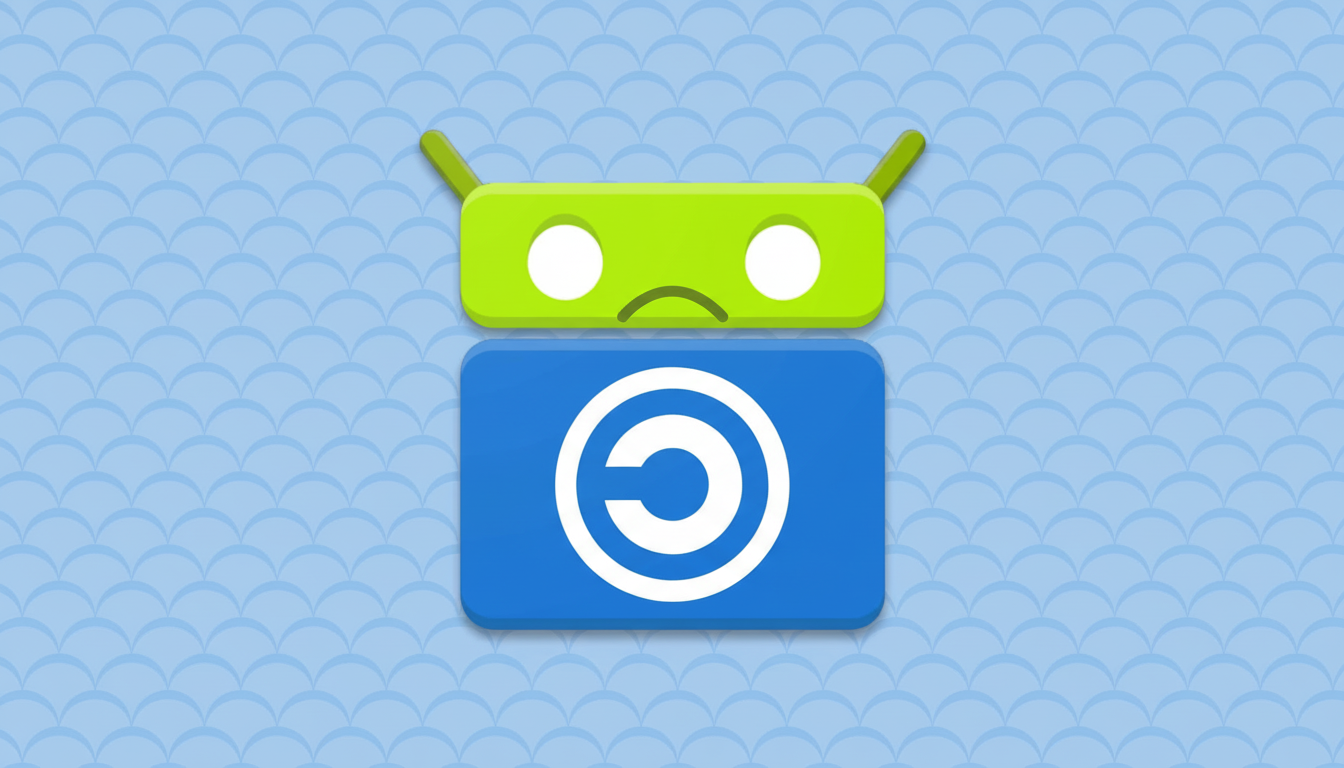Google adds that sideloading continues to be a “fundamental” feature of Android. F-Droid says that promise doesn’t mean much under a new set of developer verification rules. The clash reflects a basic battle over who has the final say in how apps reach billions of Android users.
The stir relates to Google’s move to crack down on the level of identity verification that developers must supply along with closer relationships between apps and verified accounts. Google presents the change as a security upgrade. The more than half-decade-old open-source app repository F-Droid contends it could flip sideloading from a system without permissions to an effectively Google-approved process.

What Google Says About Sideloading and Verification
Google has said repeatedly that “sideloading isn’t going anywhere.” On Android, you can install apps from outside the Play Store with APK files, third-party stores or developer tools. The company says that flexibility won’t change as it enhances its defenses against fraud, malware and impersonation.
Those steps include identity verification for developers, more Play Protect scanning (including real-time scanning for unknown apps) and better provenance signals for users. From Google’s perspective, verified identities and the traceability of an app to an account discourage bad actors while preserving choice.
Google also observes that these requirements are applicable to Android-certified devices (phones and tablets that ship with Google Mobile Services), the bulk of active Android handsets globally. With more than 3 billion active Android devices, as reported by Google, even tiny policy adjustments ripple across the ecosystem.
Why F-Droid Disagrees With Google’s New Rules
F-Droid counterargues that this new verification regime puts Google at the gate for distribution outside of the Play Store itself. If an app is installable or reputable based on a Google-mandated validation step, alternative stores and direct-download avenues could be de facto throttled, even if sideloading remains logically feasible.
The project also takes issue with the idea that “sideloading” is inherently dangerous. To F-Droid, the fact that people are able to install from alternative sources is an acceptable distribution model, particularly for open-source apps and those available in specific regions (or software with no Play billing or policy terms and conditions).
A greater worry is over developers’ privacy and political risk. In the event that governments or private actors seek identity-based takedowns, verification can turn into a tool to shut down legal apps. F-Droid says that moving from trust-in-content and transparency to trust-in-identity could discourage independent development and dissenting software.
Effect on Indie Stores and Independent Developers
Alternative markets—F-Droid, the Amazon Appstore, regional stores, or direct distribution à la Epic’s Fortnite installer—are only able to exist because Android permits multiple channels. Developers take this approach because of licensing, release cadence and policy variance.

But, a delicate equilibrium of power exists. In the Epic v. Google case, a recent U.S. jury found that Google held an illegal monopoly in Android app distribution, highlighting how policy and platform levers can shape outcomes even in the presence of sideloading. F-Droid’s admonishment operates in that very tension: formal openness can be worn away by practical friction.
Security and Openness in Conflict on Android
Google has a point about security. Its annual Android security reports consistently record a higher rate of installs of potentially harmful apps from outside Play compared with downloads from Play, where vetting and behavioral protections are in place. Identity verification is an industry-standard fraud-prevention feature on all software.
Yet security choices carry trade-offs. Generic identity requirements can be exclusionary to privacy-preserving developers, whistleblowers, or NGOs operating in risky regions. If warnings, scanning and sandboxing keep you safe, identity bullshit might be overkill—and let’s not forget (in the eyes of F-Droid) turn “something to which the user is entitled” into a subjectively revocable permission.
A more well-balanced approach might emphasize user agency: transparent risk notices, strong on-device scanning, reproducible builds and store-level accountability — not centralizing final approval in a single company’s verification pipeline.
What To Watch Next as Policies Roll Out Globally
Regulators are already watching. The challenges to platform power come not only from active legislation but also proposals like the European Union’s Digital Markets Act, which could push platforms toward interoperability and alternative distribution. Save even the competition lawyers otherwise preoccupied with a now-tightening set of rules, any verification system that can be shown materially to encumber third-party stores is going to have its day in court.
For consumers, the immediate lesson is straightforward: sideloading remains a realistic option on Android, but whether it will remain under kinder terms might depend somewhat more on how Google implements verification and third-party stores react. Developers should also evaluate needs for identity early, document their supply chains and communicate clearly with users on provenance.
Google claims that choice and security can live together. F-Droid complains the new rules stack the deck. How those principles are embedded into code, prompts and policy enforcement will ultimately dictate whether sideloading stays genuinely open or is turned into a walled hallway.

